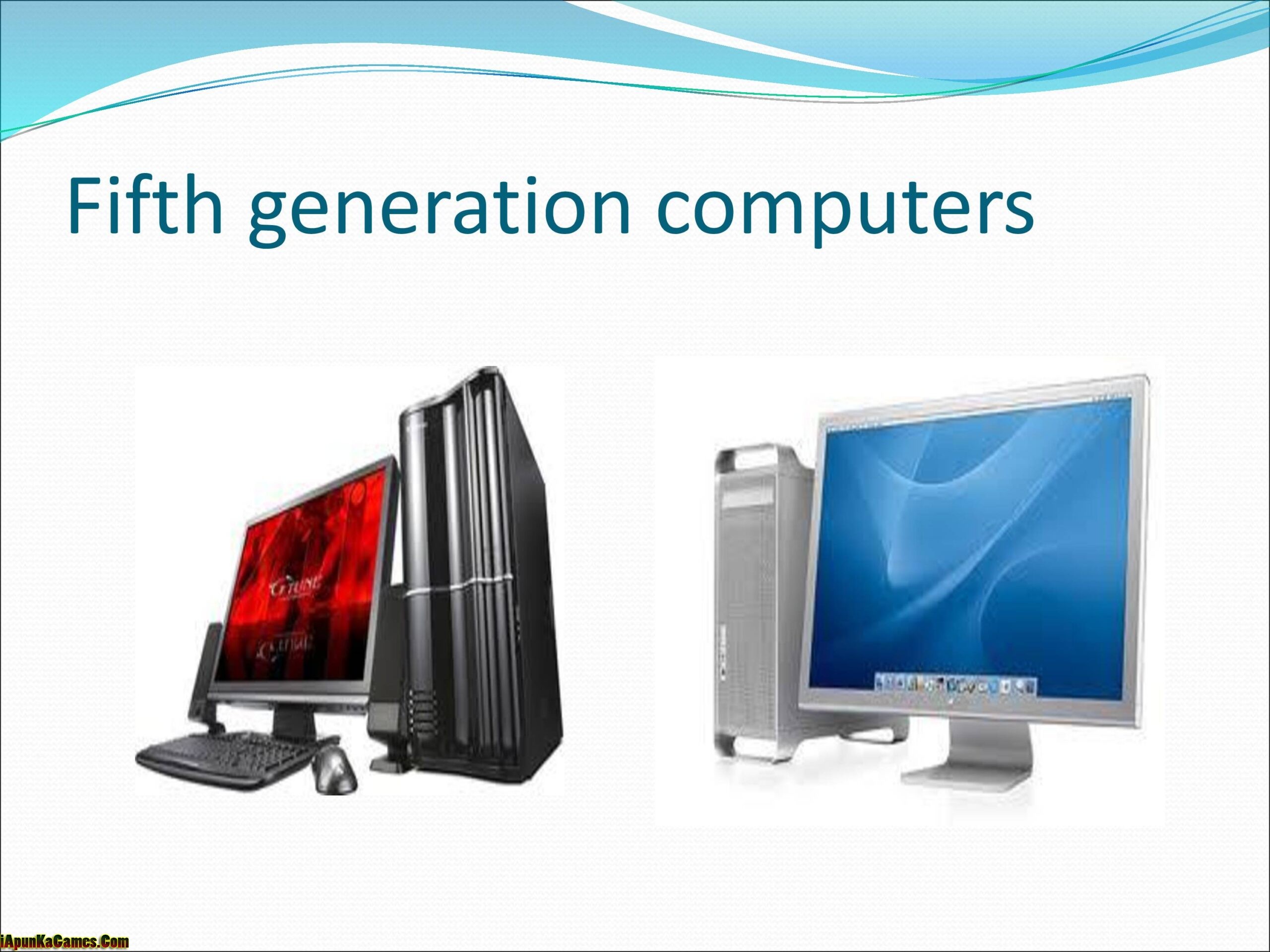Are you looking for the best computer? Try Fifth-generation computers. Fifth-generation computers are the future of computing. Many people are unaware of them. However, they offer some impressive advantages. Throughout this article, you will learn about the top six benefits of fifth-generation computers, as well as all the information you need to know about them.
Table of Contents
Introduction:
A fifth-generation computer is an advanced technology and capability computer. With a higher level of processing power and advanced capabilities, they are commonly used for tasks that require a greater amount of processing power or advanced capabilities than previous generations.
What are Fifth-Generation Computers?
Fifth-generation computers, also known as “5G computers,” are advanced computers designed with the latest technology and capabilities.
History of Fifth-Generation Computers
Fifth-generation computers have a long history dating back to the early 1980s when research and development efforts were geared toward developing advanced computers capable of artificial intelligence and natural language processing. Universities, research laboratories, and technology companies were leading these efforts, and governments and private organizations throughout the world provided funding for these projects.
The fifth-generation computer project aimed to create computers that could perform tasks and make decisions in ways that were similar to human intelligence in terms of performance and decision-making. In this case, advanced artificial intelligence technologies were developed that allowed large amounts of data to be processed and analyzed in real time using neural networks and expert systems.
Important for Fifth-Generation
It was also important for the fifth-generation computer project to develop natural language processing technologies so that computers could understand and respond more intuitively and naturally to human language. In order to achieve this, advanced algorithms and machine learning techniques were used, which provided the computer with the ability to analyze and interpret language patterns and structures in a similar manner to how humans do so.
During the 1990s, quantum computers, which were powered by quantum mechanics and used to perform tasks and processes, marked a major milestone in the development of fifth-generation computers. Scientists use quantum computers to simulate data, analyze data, and learn from it. They are considered to be the most advanced computers available today.
Fifth- Generation evolve and advance
The fifth-generation computer continues to evolve and advance with the development and integration of new technologies and capabilities. There are many applications for these computers, including scientific research, data analysis, business operations, and more, and they are integral to the modern technological landscape as a whole.
Top 6 benefits of Fifth-Generation Computers
1.Increased processing speed
This generation of computers is enhanced by the addition of faster and more powerful processors, making them capable of performing tasks and processes at a significantly faster rate than previous generations. As a result, tasks such as scientific simulation, data analysis, and video editing that require a lot of processing power can benefit significantly from this.
2.Improved artificial intelligence capabilities
The fifth-generation computer systems are equipped with advanced artificial intelligence (AI) capabilities, which enable them to operate in a manner more comparable to human intelligence when performing tasks and making decisions. It is useful for tasks such as translation, image recognition, and decision-making.
3.Enhanced natural language processing
This technology allows computers to interpret and process natural language, which enables them to communicate more intuitively and naturally with humans, for tasks such as voice recognition, translations, and customer service.
4.Greater connectivity and networking capabilities
Fifth-generation computers are designed with enhanced networking capabilities, so they can easily connect and communicate with other devices and systems. These capabilities can be helpful when it comes to sharing data, remote collaboration, and device management.
5.Improved energy efficiency
This fifth-generation computer has been designed to use energy-efficient technology so that it can perform tasks and processes efficiently while consuming less energy than previous computers. As well as reducing energy costs and reducing the carbon footprint, this can be beneficial both for personal and business use.
6.Greater reliability and stability
Computers in the fifth generation are designed with advanced technology and robust systems, making them more stable and reliable than their predecessors. Especially beneficial for businesses, this can reduce downtime and ensure that tasks and processes are completed efficiently and smoothly.
What are fifth-generation computers used for?
Fifth-generation computers are widely used for a variety of tasks, including scientific research, data analysis, business operations, and more. They are commonly used for tasks that require a high level of processing power, advanced capabilities, or efficient and reliable operation.
FAQ`s
1.What makes fifth-generation computers different from previous generations of computers?
A fifth-generation computer has enhanced processing speed, enhanced artificial intelligence capabilities, improved natural language processing capabilities, enhanced connectivity, and networking capabilities, improved energy efficiency, and greater reliability and stability. Fifth-generation computers are well suited for tasks requiring a high degree of processing power, advanced capabilities, or efficient and reliable performance due to these features.
2.What are some examples of fifth-generation computers?
The fifth generation of computers is computer systems such as quantum computers, neural networks, and expert systems. These systems are used for a variety of tasks such as scientific simulations, data analysis, machine learning, image and speech recognition, and decision-making.
Conclusion:
The fifth-generation computers are the most advanced and powerful computers currently available, and they are distinguished by their increased processing speed, enhanced artificial intelligence capabilities, enhanced natural language processing capabilities, increased networking and connectivity capabilities, increased energy efficiency, and improved reliability and stability.
Fifth-generation computers have these features, making them well-suited to tasks requiring high processing power, advanced capabilities, or efficient and reliable performance. A fifth-generation computer can help you become more efficient, productive, and successful, as well as business owners, students, and individuals who depend on technology on a daily basis.

